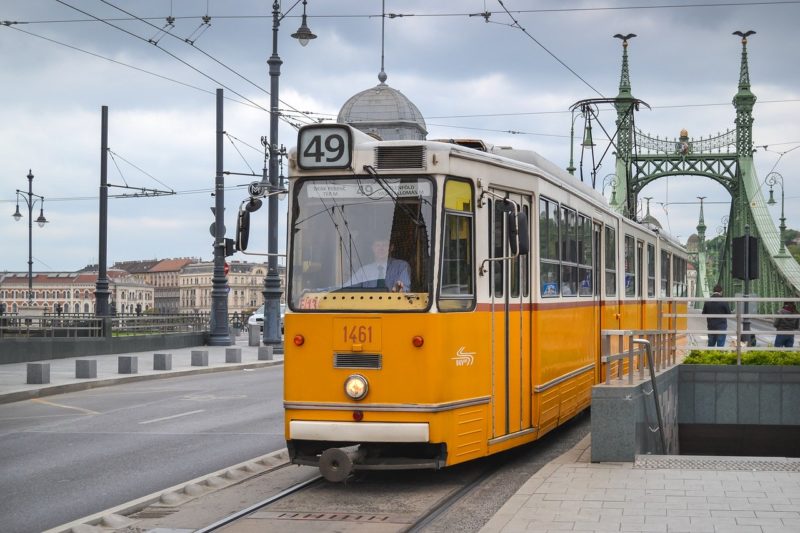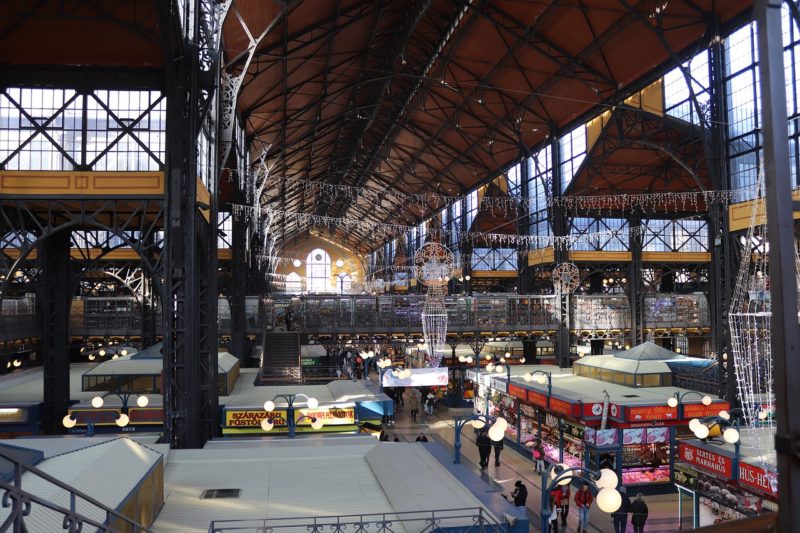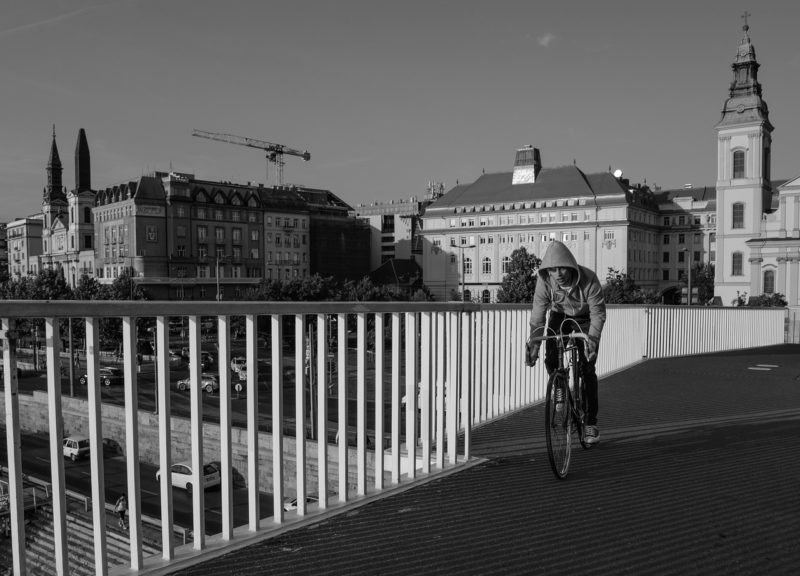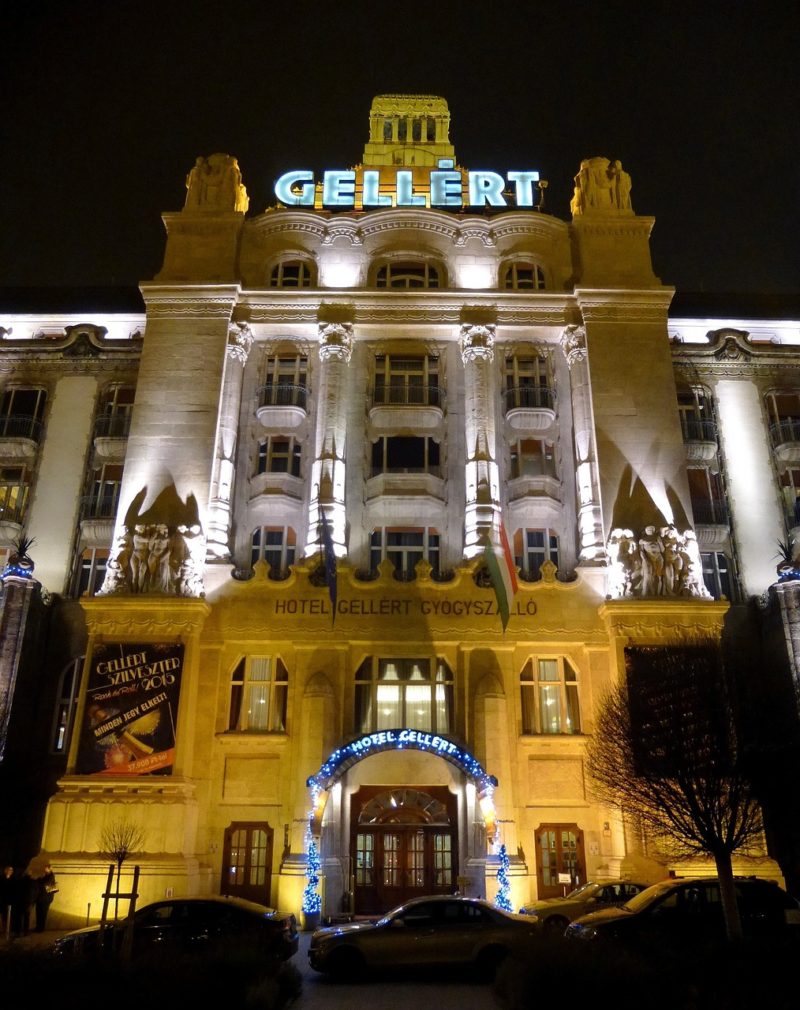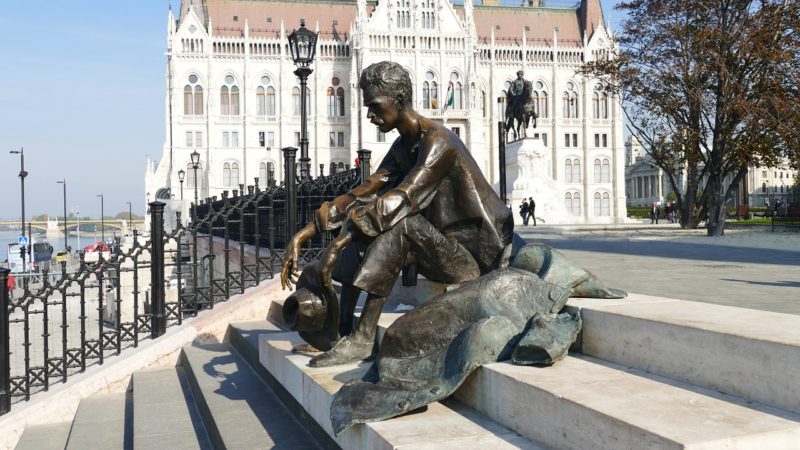Discovering Budapest as a Place of Living: The Essentials
If you are moving to Hungary, the capital, Budapest will be the place that offers you the widest variety of options for finding a job, meeting new people, and building a new life. There are about 2 million people living in Budapest and its closest vicinity, which makes it a fairly busy city by European standards, although it still cannot be compared to London or any of the metropolises in the United States.
Social life and culture for expats in Budapest
The local language is Hungarian, which is unlike any other language spoken in Central Europe, making it difficult to learn. This and the fact that the population in general does not really speak English might make foreigners never truly feel integrated. However, there are many active groups for expats, easily found on Facebook, for example, so you can always get help from fellow expats. Usually this is how many find cleaners or babysitters: through word of mouth.
The main means of communication is the mobile phone – you might not even find a landline phone in your rented apartment. Mobile plans are often cheaper than a landline, and more cost-effective if you are spending more time on the go – just make sure to choose a plan that suits your habits. For talking to friends and family members, it is easiest (and cheapest) to use an online solution, like Skype, Hangouts or Messenger. These days they are equally reliable, and basically free of charge if you are already paying for the internet access.
Since Budapest relies heavily on tourism, many cultural programs are available in English (or sometimes other languages). Museums might offer guides in foreign languages. There are some English language theater groups, and sometimes even Hungarian groups perform in English. You may even find church services in English. Opera ridiculously cheap compared to western Europe, while performances are just as excellent. If you are into architecture, simply take a stroll in the city center and admire the baroque or fin de siècle buildings among the most modern ones.
Getting around the city
Public transport in Budapest is amazingly well-organized, even if locals love to grumble about it. You can use buses, trams, trolley buses or the subway to cross the city within just an hour or so. You can get home with public transport even at night. Of course, many choose to have their own cars, which is a fast and safe way for getting around, but you should keep in mind that if your destination is in the city center, you might find it difficult to park (not to mention expensive) unless you have a rented space. There are more and more cyclists in the city too, and the number of bicycle roads and cyclist friendly solutions is growing. Vehicle sharing is also becoming a thing, making city life more sustainable.
Shopping and paying
There are endless options for buying things, so you will definitely find your preferred venue, whether it is small shops, markets, big general stores, shopping malls, or the internet. Home delivery is getting more and more popular, not only for meals, but also for a widening variety of articles, including groceries or furniture. At least a basic level of Hungarian, however, might come in handy. Be prepared that the level of customer experience will fluctuate widely, in part due to the prolonged “socialism”, where the options of customers were limited to “buying” or “not”. Over the last 30 years, however, capitalism and the increasing product supply made sellers up their game.
The Hungarian currency is the Hungarian Forint (HUF), and many shops only accept this, although in bigger general stores there is usually an option for paying with EUR. This is not an issue when you are paying by card, but not all shops have this option, especially not stalls at a market. Consider how much cash you will need, especially because retrieving cash from a machine might be costly.
Employment for foreigners
Whether or not you should be getting the Hungarian work permit depends on your nationality, and on how long you are planning to stay and work in Hungary. Again, you would probably need at least some Hungarian to find a job, at least to the extent of using the job search portals. There are positions where speaking Hungarian is not a requirement, and in fact many expats in Budapest work as language instructors. You may also decide to set up your own Hungarian company, or work self-employed. Salaries are generally lower than in western Europe, but this is also true for living costs.
Accommodation in Budapest
Whether you are renting or buying, you will find the downtown area more expensive, and the suburbs more cost-effective. When choosing a new home, make sure to factor in transportation. With the subway, you can get to the city center in a fairly short time even from the outskirts of the city, while from a house hidden in a fairy-tale like narrow street in the Buda hills it might be difficult to escape when winter snow freezes on the steep roads. Rents are constantly going up, which might make finding your ideal home tricky, while it might come in handy if you were interested in property investments in Hungary.
Healthcare for foreigners
If you are employed in Budapest, you will most probably be integrated to the Hungarian social security system, making you eligible for free healthcare. However, national healthcare is more than a bit outdated, and there might be long waiting lists for special care. This is why even locals tend to choose private doctors whenever possible – which is quite pricy but at least gives them quick and excellent medical service. Dentists, on the other hand, while living up to their brilliant reputation, are quite cheap compared to western prices, to the point that western neighbors sometimes repeatedly visit Budapest just to be treated here. In any case, make sure to have some kind of insurance.
Living in Budapest as a foreigner
Just like anywhere else in the world, your life in Budapest will be what you make of it. There are plenty of options for finding a job, meeting new people, understanding a new culture, and learning a new language. If you are open to new opportunities, you will definitely find your place in the capital of Hungary.



